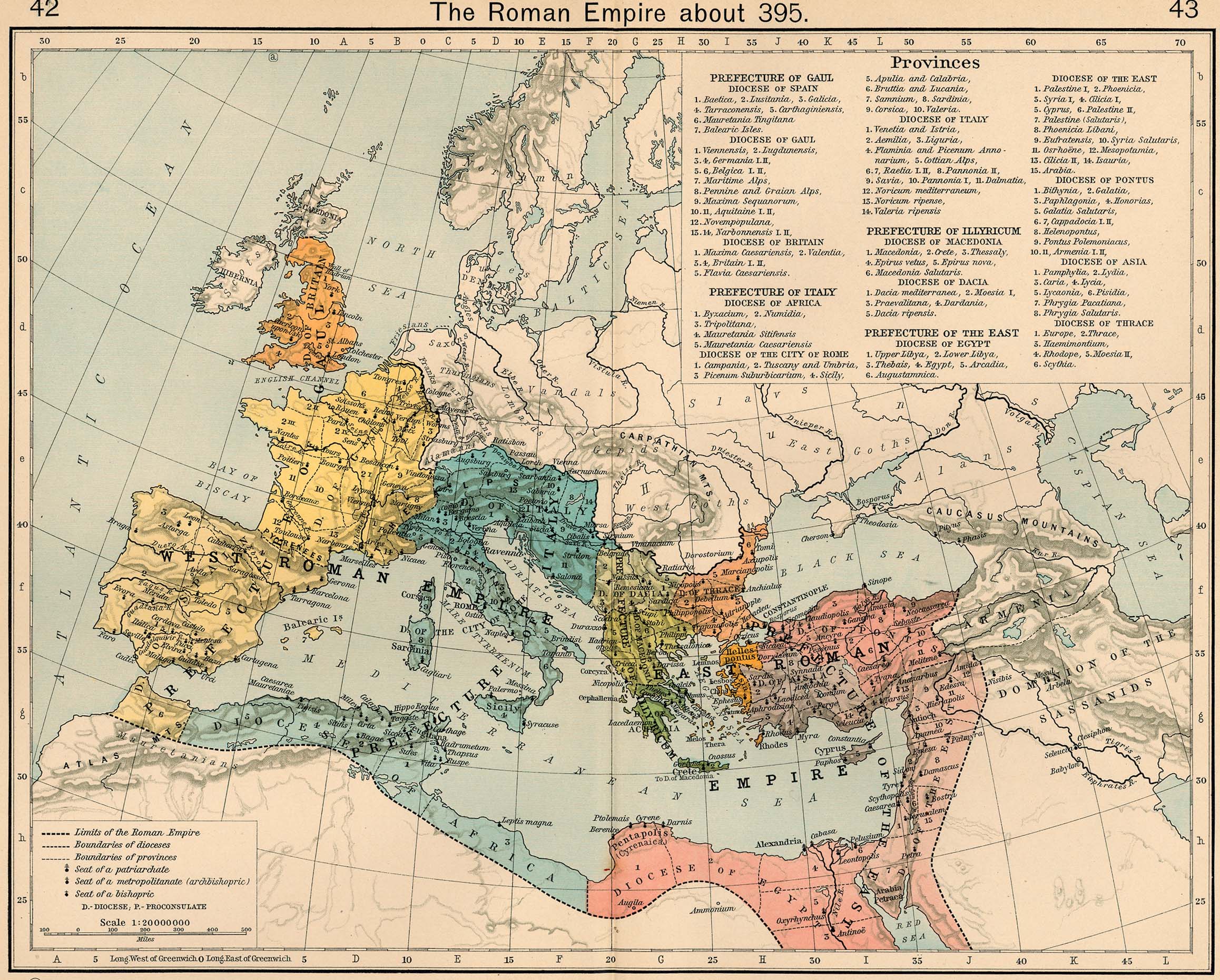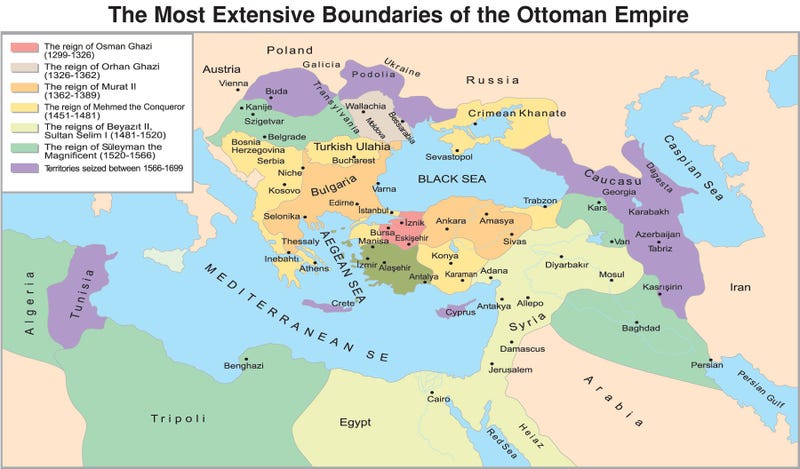Just when y'all thought I was taking a break from pointing out
the Pagan Origins of things... it's not just the traditional holidays on the chopping block, no sir... lets take a look at the
Origins of the Olympic Games
"Olympia, the town where [the Olympic Games] were held, was devoted to the worship of Zeus," who was "the sky- and weather-god of the ancient Greeks, whose name and functions correspond to those of the Latin Jupiter and of the Sanskrit Dyaus (pitar)." "The temple of Zeus at Olympia was one of the seven wonders of the ancient world. It contained a gold and ivory statue of the god that was more than 40 feet high" (The Olympic Spirit..., p. 11. Britannica, Vol. 23, p. 962).
"The Olympic Games were founded... in 776 BCE and held every four years in honor of Zeus. In the early years the games took place on just one day, as there were only two events, wrestling and the footrace. By 471 BCE there where more competitions also religious sacrifices, and feasting. The classical period saw all the famous events taking place such as boxing, pankration and the pentathlon." ~ Olympia, Encyclopedia Mythica
By the sixth century B.C. there were 13 events, and the contests lasted several days. "The first day was devoted to worship and preparation....On the second day the contests began.... Day three of the Olympics began with religious rites. A parade of judges, priests, athletes, and trainers marched to the sacred altar of Zeus. There, 100 oxen were sacrificed to the god. Their thighs were burned and their ashes added to those that had piled up over the centuries. The rest of the animals' flesh was eaten at a banquet after the games" (The Olympic Spirit..., pp. 11-12).
Thus the Olympic Games were pagan festivals for believers in the polytheistic Greek pantheon. "By the fifth century B.C., Olympia was the holiest place of ancient Greece," because so much religious ritual was tied to the games. "When an athlete won an event he was supposed to give public thanks to the deities" (Pursuit of Excellence, The Olympic Story, p. 24, 1979, published by Grolier Enterprises, Inc.).
I had to look up 'pankration' which is an "empty-hand submission sport with scarcely any rules"
So... the Olympics honor a false idol, a no-god, Zeus...
Quote:
"The games remained a prestigious festival, even in the Roman era, but were disbanded in 393-4 CE by the Byzantine emperor Theodosius 1st as he prohibited all pagan festivals." ~
Most of us know the pagan origins of the Olympic games. We know of the 'gods of Mount Olympus', the vestal virgins (keepers of the Eternal Flame) in the ancient altar to Hera, and the symbols associated with the games. Physical exercise and prowess were also held in high-esteem and were akin to pagan 'heroes' of old such as Hercules.
The Jesuit-schooled Baron Pierre de Coubertin revived the Olympic Games and was founder of the International Olympic Committee. According to Coubertin every one of the five rings symbolized one of the five continents. The conjunction of the five rings symbolized the conjunction of the continents during the athletic events and represents the ideal of peace and brotherhood of the whole planet. The flame symbolizes the purity which embodies the eternal youth of the Olympic philosophy. The universal symbol of the flame would lead all competitors to understand that it is necessary to work towards the lasting unity of mankind.
Baron de Coubertin so loved the religion of the games that his heart was buried in the temple of Apollo in Olympia. To Coubertin, the Olympian athlete was himself a god. In an 1892 proposal of the revival of the games, Coubertin said, "The first essential characteristic of the Olympics, both ancient as well as modern, is to be a religion. It represents, above and outside the Churches, humanity's superior religion."








